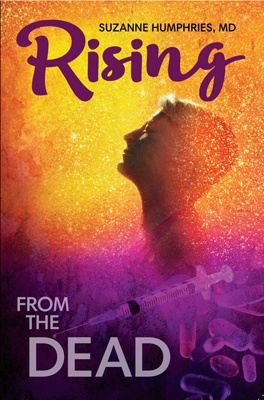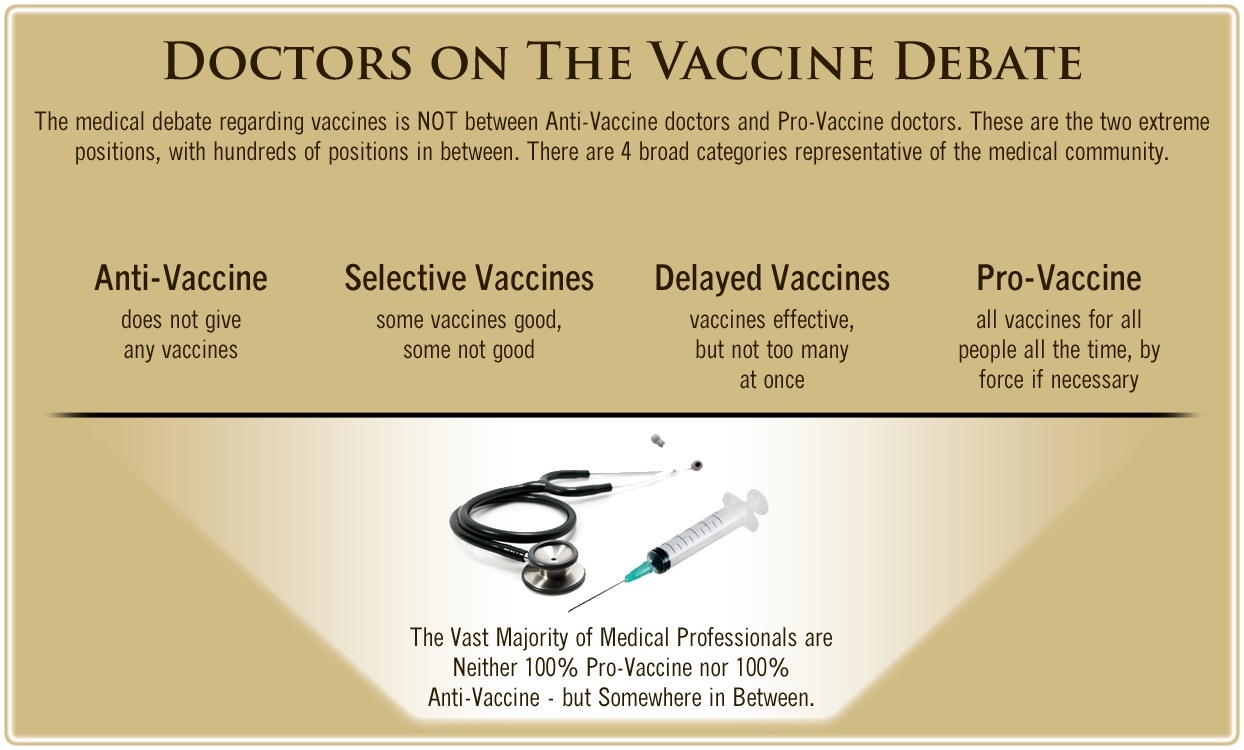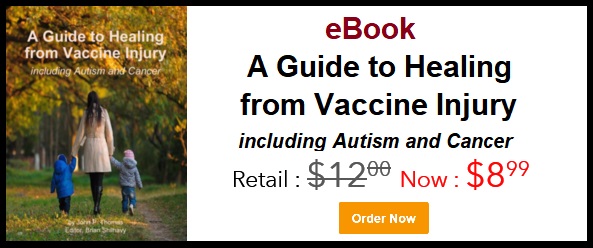
The calls for vaccination against tetanus in hurricane affected areas of Texas are based on the assumption that coming into contact with flood waters increases the risk of tetanus virus infection. The CDC states this assumption is not correct.
Tetanus Shots for Texas Hurricane Harvey Flood Victims?
by TVR Staff
U.S. Representative Pete Sessions (R-Texas) has encouraged victims of Hurricane Harvey in Texas to get vaccinated against tetanus, particularly people who have been wading through dirty flood water. On August 28, 2017, Rep. Sessions said on CNN, “I would like to say in watching this there are a couple things as a result of my Boy Scout background: look ahead, look where people are actually going to need to make sure they have their tetanus shots.” [1]
According to an NPR report, “The state (Texas) has already begun filling requests for tetanus vaccinations and is sending supplies of the vaccine to the affected areas.” The concern is that flood water could be contaminated with household and industrial chemicals, and that there might also be fecal contamination. [2]
The Centers for Disease Control and Prevention (CDC) recommends one dose of the Tdap (tetanus, diphtheria, and pertussis) vaccine for protection against tetanus infection, and it recommends that subsequent tetanus shots be given with the Td (tetanus and diphtheria) vaccine. Tetanus vaccine is available in the United States in two other combinations: DT (diphtheria and tetanus) and DTaP (diphtheria, tetanus, and pertussis). [3]
The calls by some for vaccination against tetanus in hurricane affected areas of Texas are based on the assumption that coming into contact with flood waters increases the risk of tetanus bacteria infection. But that belief is an “old wives’ tale” says Michael Osterholm, PhD, MPH, who directs the University of Minnesota’s Center for Infectious Disease Research and Policy. A “myth,” said Osterholm. [4]
The CDC clearly states on its website: “Exposure to flood waters does not increase the risk of tetanus, and tetanus immunization campaigns are not needed.” [5]
The CDC also states that the “minimal interval after a previous dose of any tetanus-containing vaccine” is five years and the “recommended interval” is 10 years. [6]
There are serious side effects associated with tetanus containing vaccines. These include “redness, swelling and pain at the injection site; headache; fatigue, sore and swollen joints; muscle weakness; fever; chills; nausea; shock; neuropathy; convulsions; encephalopathy; paralysis; Guillain-Barre Syndrome (GBS); death.” [3]
Read the full article at TVR.org.
References
1 Beavers O. GOP rep warns Texas residents: Start thinking about tetanus shots. The Hill Aug. 28, 2017.
2 Hsu A. Stay Safe And Get A Tetanus Shot, Texas Health Officials Urge. NPR Aug. 28, 2017.
3 Cáceres M. So What About Tetanus? The Vaccine Reaction July 18, 2017.
4 Branswell H. An ‘old wives’ tale’ drives calls for tetanus shots amid Houston flooding. STAT Aug. 29, 2017.
5 Centers for Disease Control and Prevention. Worker Safety After a Flood. CDC.gov.
6 CDC. Recommended and Minimum Ages and Intervals Between Doses of Routinely Recommended Vaccines. CDC.gov.
Leaving a lucrative career as a nephrologist (kidney doctor), Dr. Suzanne Humphries is now free to actually help cure people.
In this autobiography she explains why good doctors are constrained within the current corrupt medical system from practicing real, ethical medicine.
One of the sane voices when it comes to examining the science behind modern-day vaccines, no pro-vaccine extremist doctors have ever dared to debate her in public.
Medical Doctors Opposed to Forced Vaccinations – Should Their Views be Silenced?
One of the biggest myths being propagated in the compliant mainstream media today is that doctors are either pro-vaccine or anti-vaccine, and that the anti-vaccine doctors are all “quacks.”
However, nothing could be further from the truth in the vaccine debate. Doctors are not unified at all on their positions regarding “the science” of vaccines, nor are they unified in the position of removing informed consent to a medical procedure like vaccines.
The two most extreme positions are those doctors who are 100% against vaccines and do not administer them at all, and those doctors that believe that ALL vaccines are safe and effective for ALL people, ALL the time, by force if necessary.
Very few doctors fall into either of these two extremist positions, and yet it is the extreme pro-vaccine position that is presented by the U.S. Government and mainstream media as being the dominant position of the medical field.
In between these two extreme views, however, is where the vast majority of doctors practicing today would probably categorize their position. Many doctors who consider themselves “pro-vaccine,” for example, do not believe that every single vaccine is appropriate for every single individual.
Many doctors recommend a “delayed” vaccine schedule for some patients, and not always the recommended one-size-fits-all CDC childhood schedule. Other doctors choose to recommend vaccines based on the actual science and merit of each vaccine, recommending some, while determining that others are not worth the risk for children, such as the suspect seasonal flu shot.
These doctors who do not hold extreme positions would be opposed to government-mandated vaccinations and the removal of all parental exemptions.
In this article, I am going to summarize the many doctors today who do not take the most extremist pro-vaccine position, which is probably not held by very many doctors at all, in spite of what the pharmaceutical industry, the federal government, and the mainstream media would like the public to believe.







Leave a Reply